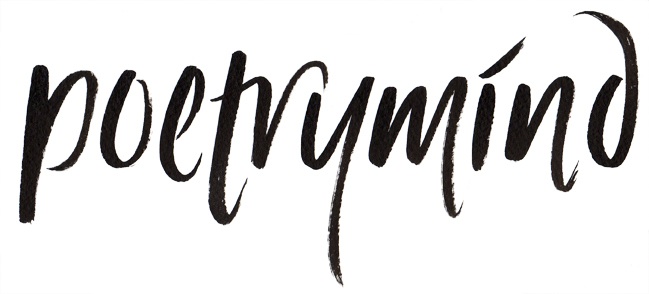[Ink wash by Erin Reirdon]
Last month for our February meditation and writing group we continued our exploration of haibun/haiku/ and American Sentences.
I introduced Denise Levertov's fine essay on the line from Poet in the World which served as an excellent study for an E.E. Cummings poem Vince brought in.
Thus far, we have looked at the condensed line found in haiku or lyric. The alternative would be the long line expressed as "projective verse" in Charles Olson's 1950 famous essay which I have mentioned several times in relation to Whitman and Ginsberg.
Here are a few hybrid prose/poem works to look into.
Here are a few hybrid prose/poem works to look into.
About Storyteller by Leslie Marmon Silko
Excerpt from Book of Jon by Eleni Siklianos
With a seamless weave of letters, reminiscences, poems and journal entries, Sikelianos creates a loving portrait-and an unblinking indictment-of her father. Jon, a multitalented, eccentric visionary, emerges as a brilliant, charming, irresponsible, frustrating, and ultimately tragic hero.
Complete Text of Patterson--classic long poem by William Carlos Williams in the objectivist tradition of "no ideas but in things"
Anne Waldman's Jovis Trilogy is probably the longest epic poem ever written in the English language
These hybrid forms seem especially useful for memoir and large themes. Sometimes it is useful to create clusters of shorter poems in a sequence as a means to explore new ground. Poet Gary Snyder spent decades working on his long poem, "Mountains and Rivers without End." a perspective drawn from a classical Chinese painting dipicting a journey.
I am now into my 5th year of working on Dragon's Crease (a line from Emily Dickinson) which explores the theme of women and power from a multi-cultural pount of view.
Two Poem drafts from Dragons' Crease - a work in progress
Women of Ashes
The next meditation and writing group will meet Saturday, March 5th 11:00 AM-2:00 PM at the Shambhala Center in Sheburne Falls, MA. Please RSVP jacqueline.gens@gmail.com
Complete Text of Patterson--classic long poem by William Carlos Williams in the objectivist tradition of "no ideas but in things"
Anne Waldman's Jovis Trilogy is probably the longest epic poem ever written in the English language
These hybrid forms seem especially useful for memoir and large themes. Sometimes it is useful to create clusters of shorter poems in a sequence as a means to explore new ground. Poet Gary Snyder spent decades working on his long poem, "Mountains and Rivers without End." a perspective drawn from a classical Chinese painting dipicting a journey.
I am now into my 5th year of working on Dragon's Crease (a line from Emily Dickinson) which explores the theme of women and power from a multi-cultural pount of view.
Two Poem drafts from Dragons' Crease - a work in progress
Women of Ashes
Females born in the year of the Fire Horse
Known for boldness, disobedience, lively minds
Too outspoken for marriage---
Most often beautiful and cunning
Another way of saying intelligent.
In 1966, the Year of the Fire Horse,
Japanese census reported millions
Less in their annual statistics.
The method in imperial China was two buckets
Next to the birthing pallet—
One with water for washing the son
The other for ashes to bury the daughter.
Osama’s Third Wife
She was the spinster wife
Nine years older, unattractive but highly educated
The papers say,
A university professor past her prime
It's also said she had a regal bearing and direct line to the prophet.
They had only one child.
How amazing he wanted her
Gave her a son that Soft spoken man
with elegant speech that thrilled
millions of school girls
Who would then name their first born—Osama.
What did she think with an advanced degree in child psychology
When this father forbid a plastic nipple for his child
Dying of dehydration as a violation to his principles
That man who would pose in position favored by the prophet
In mountain caves with his Kleshnikov The next meditation and writing group will meet Saturday, March 5th 11:00 AM-2:00 PM at the Shambhala Center in Sheburne Falls, MA. Please RSVP jacqueline.gens@gmail.com



